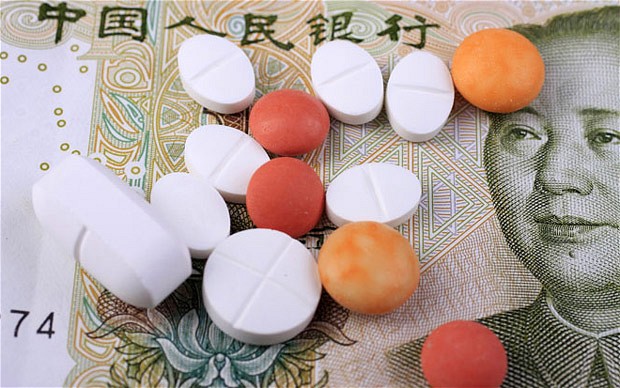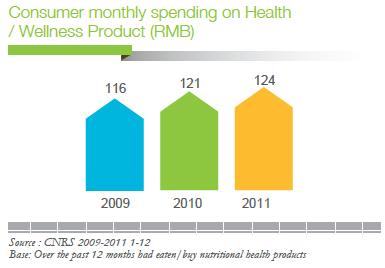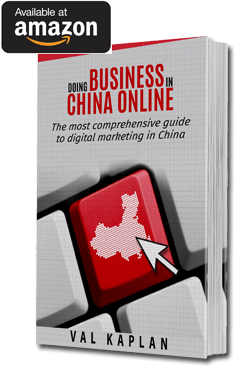In the most recent report by Hurun Research Institute on China’s Millionaires, it was found that the state of health is the number one concern of Chinese wealthiest citizens. The report noted that one quarter of Chinese Millionaires were not satisfied with their overall well being, while another third were worried that they don’t get enough exercise. Another curious but hardly surprising details is the fact that the younger those people are – more concern they have over their health.
Changes in the lifestyle, rapid urbanization resulted in more crowded cities have contributed to the situation where non-communicable diseases have replaced infectious diseases as the main type of illness affecting people’s health. Modern Chinese are increasingly plagued by the same conditions that are common in the West – high blood pressure, diabetes, high cholesterol and other diseases of old age. For example, the number of Chinese living with high blood pressure stands at 330 million, larger than the entire US population!
In addition, there is a general perception of low safety standards in food that may further contribute to health problems. Since 2008, several food related crises have further undermined trust of Chinese public in the safety of locally produced food.
Many health providers have realized that selling services instead of just products is a much more profitable and highly sustainable business model when it comes to Chinese healthcare market.
The vast majority of Chinese may not have much choice but to continue buying local food and forgo regular exercises simply due to the lack of sufficient material resources. This is not the case for over one million of China’s rich, people with net worth of CNY 10 million (US$1.6 million). They clearly can afford high quality health care, gym memberships and buying imported food that was produced according to Western safety standards.
Selling health and wellness products is also on the rise as seen in this chart:
Hurun’s reports predicts continuing rise of personalized high quality health care, the process that I can personally observe and attest to in China. Every year not only more and more clinics with foreign doctors pop up in Chinese cities, their main client base is shifting from being primarily foreign expats to the locals.
Many health providers have realized that selling services instead of just products is a much more profitable and highly sustainable business model when it comes to Chinese healthcare market.
An approach of Pfizer exemplifies just this type of approach. Hurun’s report cites their case: “Last year, when Pfizer introduced the Centrum ProNutrients series into China’s mainland market, it also launched the “Pfizer Consumer Health Experiment Center” to help educate consumers. This offers a free service for pharmacy members that included blood pressure, measuring glucose levels and bone density testing. These statistics are then sent to a health consultation firm for an overall analysis and customers can access their health reports easily from a computer by setting up a username and password.”
Company noted that they “have seen that consumer demand for personalized health management and consultancy services is beginning to take shape.”
Those healthcare service providers that recognize the growing trend and will be willing to take advantage of the opportunity to establish themselves in China early on will be able to build their brand of trustworhiness and quality. These efforts will most certainly pay off in the long run as China’s hunger for healthier lifestyle and the number of people being able to afford it will only continue to grow.




